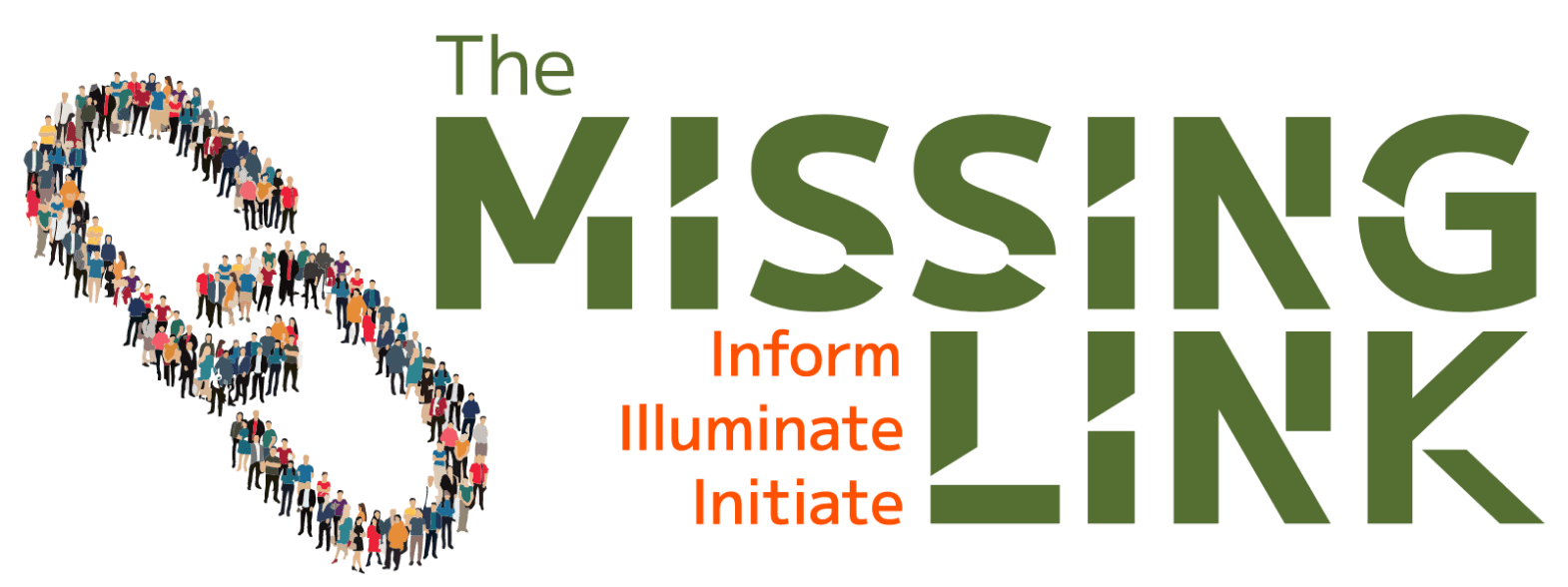During my childhood, I frequently encountered the phrase “Hey Mental,” used in various contexts. It was a common expression to refer to or address people who did foolish things or things that appeared foolish in someone’s eyes. It didn’t matter much to me at the time.
Fast forward to when I moved to Singapore; I began hearing the term “stressed” quite often. What seemed normal to me would be perceived as stressful to others. I would wonder, “What is there to be stressed about?” My interactions with different people, colleagues, and friends gave me a deeper understanding of mental health issues that I was previously unaware of.
I am writing down my observations from my life that I believe could benefit all of us.
Take a good look around you. If I asked, “Do you see anyone suffering from mental health issues?” your answer might be that no one seems to be suffering. But let me tell you that probably more than 75% of people are suffering, with varying degrees of intensity, and most of the time, it may not even be noticeable.
Before diving deeper into the subject, take some time to reflect on what mental health means to you. What is your definition of mental health?
-
- Have you seen someone throwing tantrums?
- Have you seen someone sitting quietly in a corner, disinterested in what is happening around them?
- Have you seen someone who always finds fault with you?
- Have you seen someone crying over the simplest issues?
- Have you seen someone constantly complaining about every single person around them?
These are some examples of people who may be silently suffering. Ironically, I think even we might fit into some of these categories.
At times, even a well-built, able-bodied person can feel weak, exhausted, or fall sick. What do they do? They go to a doctor, receive treatment, and recover. Mental health operates in the same way. Some people are mildly affected and can bounce back quickly, while others have more severe issues and require time and effort to return to their normal, routine lives. If that’s the case, then why do we treat it so differently from physical health?
The term “mental” is still a taboo word in many countries worldwide. However, recently, there have been numerous studies and research conducted around the world proving that mental health issues are also a type of health problem that can be treated.
The major issue with treating mental health is the strong resistance to accepting that we need help in this area. We refuse to acknowledge that we have a problem that can be dealt with like any other health issue. Once you understand that you need help, seek the assistance of someone who can guide you on the road to recovery.
Now, let’s dive deeper into some of the possible causes of mental health issues and how we can help mitigate the risks:
Some of the reasons why I personally feel a person starts to suffer are:
-
- Anxiety
- Repeatedly worrying about a particular issue
- A sense of insecurity
- A sense of failure
- Being bullied
- Harassment, including physical, mental, and sexual abuse
- Inability to perform as expected
- Trying to imitate others or setting, for themselves, a benchmark too high by comparing with others
- Socio-economic reasons
- The loss of someone very close or someone to whom they were deeply attached
- Trauma caused by certain incidents or witnessing something traumatic happen to a loved one
- Expectations imposed by society through social media
- Addiction to drugs or pornography
- Being surrounded by negativity
… and the list goes on.
If you dig deep into each issue, you might find an underlying reason, like ego, which leads to strained relationships between husbands and wives, parents and children, siblings, in-laws, relatives, employers and employees, colleagues, businesses, classmates, and competitive rivals in any field.
Is it possible for us to reach out to such people and offer help?
The good news is that we, as ordinary individuals, can help them.
All we need to do is the following to make this earth a better place to live:
-
- Reach Out – Make every effort to connect with people around you and ask if they are okay and if everything is fine in their lives. Not everyone may respond the way you want, but your effort to reach out can mean a lot to some of them. It could even be a life-changing experience for them, showing that someone cares for their well-being.
- Empathy – Not everyone can empathize with others. You should have a genuine heart to add value to the lives of others.
- Sympathy – This is something that most of us do on a superficial level. But sympathy cannot stand alone. It must be followed by corresponding action. Only then can you show how genuine you are in bringing healing to the affected person.
- Spending Time – Often, just spending time with vulnerable people and interacting with them on various levels can be a catalyst for them to open up.
- Give a Listening Ear – I have met people who are quick to give advice when the person needing help simply needs someone to listen.
- Hold Back – Do not be judgmental. It’s often easy to judge even when you don’t know the full picture or background of the affected person’s life. We need to learn to hold back and listen to all aspects of the issues they are facing before offering advice.
- Positivity – Be positive in your approach to helping people. Speak words of affirmation and help them recognize their issues without condemning them or speaking words that might sow negativity. They are already affected, and we should not add salt to their wounds.
Some ways to help the affected person include:
-
- Integrating them into a community of like-minded individuals who can support each other
- Community fellowships specifically aimed at helping vulnerable groups
- Counseling or therapeutic sessions with professional counselors
- Support through various religious groups
We are all human beings, and at the end of the day, we all need respect, acknowledgment, and recognition. We need to feel valuable to society, no matter how accomplished we are or otherwise.
Is there a quick fix to this issue?
Yes, it’s a simple 4-letter acronym: LOVE:
-
- Lend a helping hand or a listening ear
- Open your heart with compassion for those suffering
- Value every single person
- Encourage and build up every life
When there is true and genuine love among people, we can solve the problem of mental health more easily.
Will you promise to take that tiny step to bring healing to the community at large?
I have written this article with the hope that we can be the change-makers. Change starts with us. Change starts at home.


